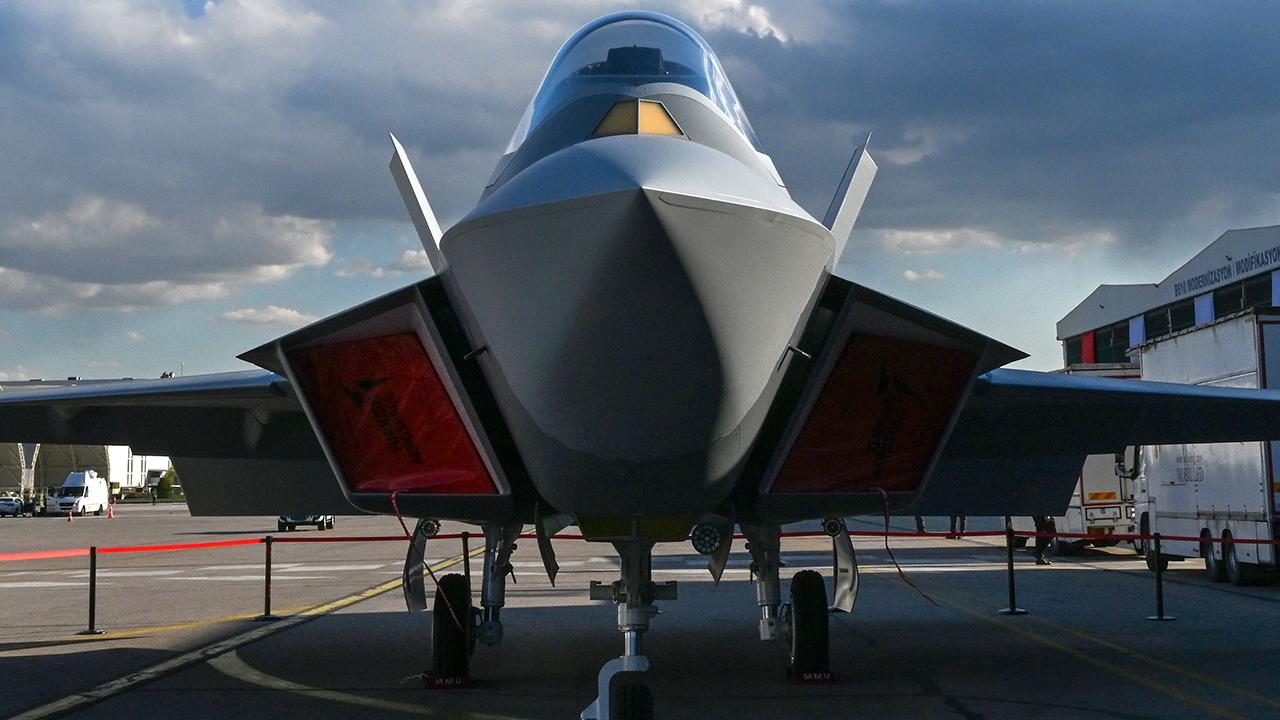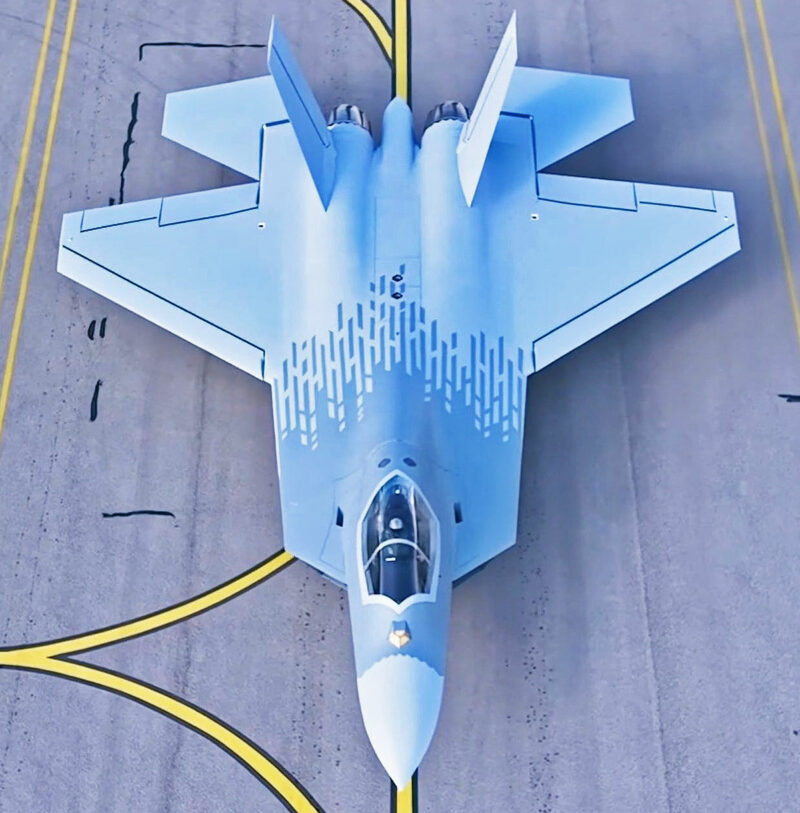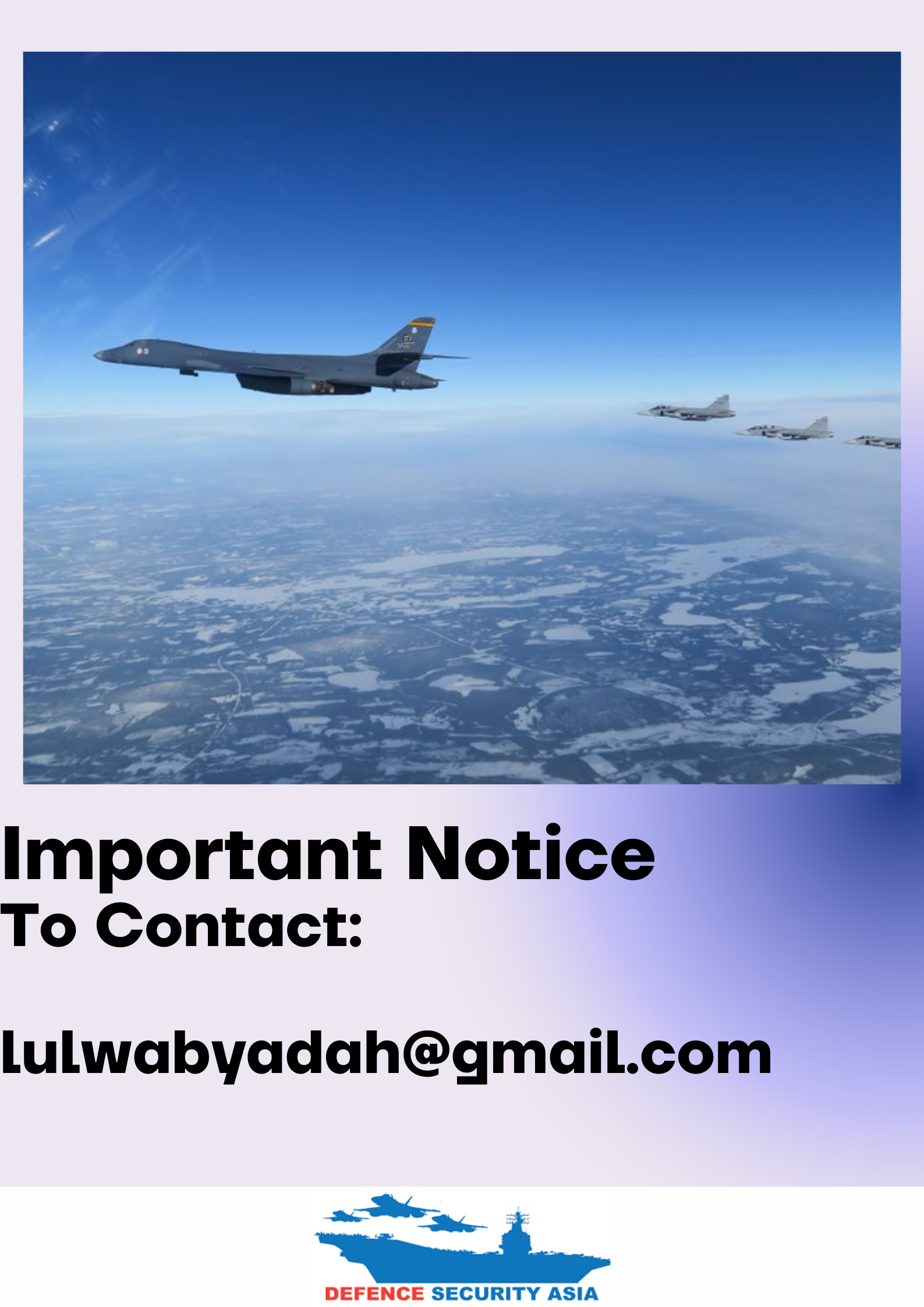“KAAN” to Continue as Planned Even If The US Allow Turkey to Buy F-35 Once Again
Effort to develop Turkish fifth-generation fighter jet, known as "KAAN," will proceed as usual, despite intense speculations suggesting that the Mediterranean country might be granted re-entry into the F-35 fighter jet purchase program.
(DEFENCE SECURITY ASIA) — Effort to develop Turkish fifth-generation fighter jet, known as “KAAN,” will proceed as usual, despite intense speculations suggesting that the Mediterranean country might be allowed once again by Washington to buy the F-35 fighter jet developed by Lockheed Martin.
High-ranking officials from Turkish Aerospace Industries (TAI) indicated at the recent DSA & NATSEC 2024 defense exhibition that the KAAN development program would continue unabated, even if Turkey were allowed to re-acquire the American-made F-35 fighters.
“By 2028, TAI will begin delivering 20 KAAN Block 10 fighter jets to the Turkish Air Force. Should Turkey purchase the F-35, the United States would not be able to fulfill the delivery of these aircraft by 2028,” stated a senior official.
He further clarified, “If Turkey is granted permission to acquire the F-35s, they would not receive them by 2028. The Turkish Air Force will receive the KAAN fighter jets in 2028, three years from now. Thus, they will commence using the KAAN jets earlier.”
TAI, acting as the primary contractor for the KAAN fifth-generation fighter jet program, has been pivotal in the project that began in 2016.

By 2029, TAI expects to manufacture two KAAN fighter jets monthly, generating an estimated annual revenue of approximately $2.4 billion.
These fifth-generation KAAN jets are set to replace over 200 of the Turkish Air Force’s F-16 fighter jets.
Inquiring about the six F-35 jets that Turkey owns, which are currently located in the United States, a senior TAI official revealed that all six had been sold back to their manufacturer.
Turkey was initially a partner in the F-35 program, slated to receive 100 aircraft while Turkish companies produced around 900 components for the jets.
However, Turkey’s decision to purchase the Russian S-400 “Triumf” air defense system led to its expulsion from the F-35 development program and a prohibition on acquiring these fighters.
The United States, concerned that Russia might use the S-400 system to gather information about the F-35, has not only retained the $1.4 billion advance payment from Turkey but has also kept the six completed F-35 jets, which now remain parked in hangars in the U.S. and are not permitted to be delivered to Turkey.

Earlier this month, the KAAN successfully conducted its second test flight, following its historic inaugural flight in February.
During its second flight, the fifth-generation KAAN jet was airborne for 14 minutes, flying at an altitude of 10,000 feet with a speed of 230 knots, as reported by the country’s Defense Industry Agency (SSB).
The maiden flight of the KAAN took place on February 21st, marking Turkey’s entry into an elite group of nations capable of independently developing fifth-generation fighter jets.
Nearly 100 percent of this fifth-generation Turkish aircraft was domestically developed, with exceptions for certain components like the ejection seat, engine, and joystick.
Previously, there was considerable speculation about Turkey’s participation in the F-35 program after U.S. Deputy Secretary of State Victoria Nuland announced in late January that Washington was ready to “welcome back” Turkey into the fifth-generation fighter jet program, contingent upon resolving issues related to the S-400 defense system.

Nuland’s statement has sparked various questions and concerns within Turkey.
The U.S. Ambassador to Turkey, Jeff Flake, recently stated that Nuland had proposed a solution to the F-35 acquisition issue during her January visit to Turkey.
The speculation fueled by Nuland’s remarks suggests that the CAATSA sanctions imposed by Washington on Turkey might be lifted, potentially allowing Ankara to resume purchasing the 100 F-35 fighter jets. — DSA



Comments are closed.